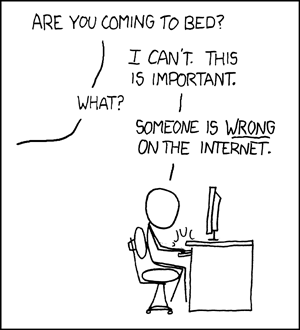and the frequency of the current become very close to your hearts frequency and stops it from beating.
AC electrocution causes convulsive muscle contractions and this is the violent shake of the electric chair you may have seen and can stress the heart into failure. This is true. It is the cyclical violent contraction that causes the damage, though, and the strength of this contraction is dependent on the power in the load flowing through the body. For 110v AC (we don't have true 120V) a 30 amp load will be roughly 3300W of power. At 220v this same 3300W of power is really just 15A. So while people say "amps is what kills ya" or "high voltage kills ya", it is the load (read watts of power) that kills ya.
For DC current this is slightly different. There is no peak-to-peak cycling of the voltage and therefore DC current will not cause the convulsive electrocution. You'll just be frozen with a permanent muscle contraction. Also, while you may survive a shock from DC current, it also cause electrolysis of the fluids in your body which will release toxic compounds and you may die several hours later from blood poisoning.
In the end, there are many old adages or saying that apply here and all should be equally heeded. If you're the kind of person that doesn't wear a seatbelt or a helmet on your motorcycle, by all means, you're welcome to do as you please.
But, if you have kids, pets, spouses, roomates that could possibly be affected, God forbid something happens to them that could have been prevented by a small dose of "cautious engineering"...
It's not scare tactics, it's reality.





























![Craft A Brew - Safale S-04 Dry Yeast - Fermentis - English Ale Dry Yeast - For English and American Ales and Hard Apple Ciders - Ingredients for Home Brewing - Beer Making Supplies - [1 Pack]](https://m.media-amazon.com/images/I/41fVGNh6JfL._SL500_.jpg)































